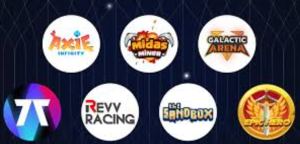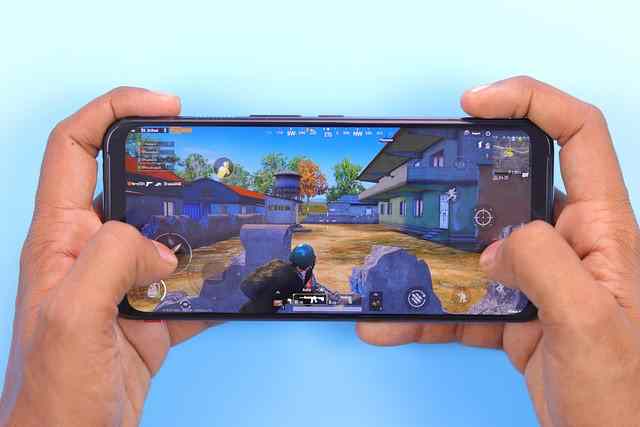Web 3 is revolutionizing the digital world. For Android game developers, focusing on Web 3 can offer unprecedented opportunities. Traditional gaming is evolving, and Web 3 is at the forefront of this change.
Table of Contents
ToggleWhat is Web 3?
Web 3 is the next generation of the internet. It emphasizes decentralization, blockchain technology, and user ownership. Unlike Web 2, Web 3 aims to give control back to users. It uses blockchain to ensure transparency and security.

Why Android Game Developers Should Care
Android dominates the mobile market. Millions of users play games on Android devices daily. Web 3 integration can enhance these games significantly. Here are the key reasons why Android game developers should focus on Web 3 gaming:
Decentralization
Web 3 offers a decentralized environment. No central authority controls the game. Players have more control over their in-game assets.
Enhanced Security
Blockchain ensures high security. Reduces risks of hacking and fraud. Players feel safer investing time and money.
True Ownership
Players can own in-game items as NFTs. These items are transferable and tradable outside the game. Increases the value and engagement of in-game assets.
Interoperability
Web 3 games can interact with other games and platforms. Players can use their assets across multiple games. Creates a seamless gaming experience.
Monetization Opportunities
Web 3 introduces new revenue models. Developers can earn through token economies and NFTs. Increases potential income streams beyond traditional methods.

How to Integrate Web 3 into Android Games
Integration might seem complex, but it’s feasible. Here are steps to integrate Web 3 into Android games:
Understand Blockchain Basics
Learn about blockchain and its principles. Understand how smart contracts work.
Choose the Right Blockchain
Select a blockchain that suits your game’s needs. Popular choices include Ethereum, Binance Smart Chain, and Polygon.
Use Development Tools
Utilize tools like Unity and Unreal Engine for blockchain integration. These tools offer plugins for Web 3 development.
Implement Smart Contracts
Create smart contracts for in-game transactions. Ensure they are secure and well-audited.
Develop NFTs
Tokenize in-game items as NFTs. Ensure these NFTs are easily tradable.
Integrate Wallets
Allow players to connect their crypto wallets. Enable secure transactions and asset management.
Test Thoroughly
Test the game rigorously for security and performance. Ensure smooth integration of blockchain features.
Challenges and Considerations
Web 3 integration comes with challenges:
- Technical Complexity.
- Blockchain technology is complex. Requires developers to learn new skills.
- Performance Issues.
- Blockchain transactions can be slow. Can affect game performance and user experience.
- Regulatory Concerns.
- Varying regulations on cryptocurrencies. Developers must stay compliant with local laws.
- User Adoption
- Not all players are familiar with blockchain. Developers need to educate users.
Future of Web 3 Gaming
Web 3 is still in its early stages. However, it holds immense potential for gaming. As technology matures, more Android games will adopt Web 3 features. This will lead to more immersive and engaging gaming experiences. Players will have more control and ownership. Developers will find new ways to monetize their games.
Conclusion
Web 3 is set to transform the gaming industry. Android game developers have a unique opportunity to leverage this technology. By focusing on Web 3, they can offer more secure, engaging, and rewarding gaming experiences. It’s time to embrace this change and lead the future of gaming. The possibilities are endless. The time to act is now. That’s Everything!
